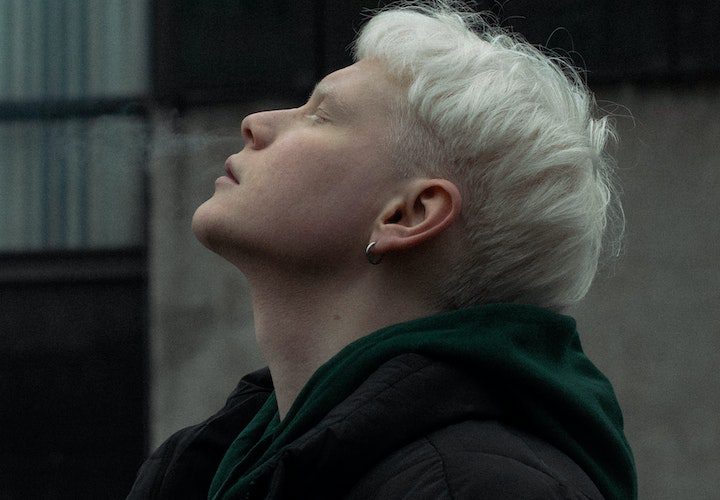Is Your Addiction Hiding a Mental Health Disorder?

Those with a substance use disorder, such as drug or alcohol addiction, are often at risk of having a mental health disorder as well. In some situations, it’s difficult to recognize this disorder’s presence due to the symptoms of addiction itself. Could you have both? What would that mean for your chances of recovery?
Close to half of people who have a substance use disorder also have a mental health disorder. When mental health disorders are present, both the addiction and disorder need to be treated at the same time. Dual diagnosis treatment can help you find stability and reduce your symptoms.
How Do You Know You Have a Mental Health Disorder?
It’s not always easy to see the underlying mental health disorder present in a person with a substance use disorder. Your therapist and doctor will work to assess this risk and determine if there is a co-occuring disorder. Some of the signs may include:
- Needing to use drugs or alcohol to manage the symptoms of anxiety, fear, and worry
- Turning to stimulants to feel “alive” or to be able to participate in the world around you
- Struggling with mood swings often, with or without drug or alcohol use
- Feeling unstable when not using a substance, such as feeling agitated or paranoid
- Re-experiencing or recalling traumatic events when you do not use
- Experiencing profound sadness and despair even when you are okay
- Thoughts of suicide or hurting yourself or others
Also, understand the signs of addiction and dependence. Those may include:
- The need to use substances on a consistent basis, even if you are unable to do so
- Feeling unable to control your drug or alcohol use even though you want to
- Trying to stop using but feeling intense cravings and withdrawal symptoms
- Running out of prescription medications before you should
- Needing to increase how much you are using to get the same types of effects
If you are feeling any of these symptoms, reach out to our drug and alcohol treatment center in Lafayette, LA. Our team at Victory Addiction Recovery Center can help you to gain control.
How Does a Dual Diagnosis Happen?
The presence of two conditions, called co-occurring disorders, is not uncommon. In some situations, a person may have an underlying predisposal to a mental health disorder. This could be due to genetics or a chemical imbalance. Other times, their exposure to trauma or environmental factors throughout their lifetime has led to the onset of these disorders.
Some people experience the symptoms of mental health disorders and turn to substances for help in reducing them. For example, some people use alcohol as a tool to calm down because of its depressant abilities.
What Types of Mental Health Disorders Occur with Substance Use Disorder?
A range of mental health disorders can occur in a person with drug or alcohol addiction. Some examples include:
- Depression
- Bipolar disorder
- Attention-deficit hyperactivity disorder (ADHD)
- Post-traumatic stress disorder (PTSD)
- Borderline personality disorder
- Antisocial personality disorder
- Generalized anxiety disorder
- Schizophrenia
About 1 in 4 people who have a serious mental health disorder, such as bipolar disorder, depression, or schizophrenia, also have a substance use disorder, according to the National Institute on Drug Abuse.
Professional Treatment May Help with Both Conditions
Do you believe you may have both a mental illness and a substance use disorder? If so, it may be time to discuss your concerns with a treatment team that can handle a dual diagnosis in a comprehensive treatment program. This may mean investing in a residential treatment program where you can focus solely on yourself and allow doctors to help you work through the challenges you’re facing. Residential treatment may include:
- Detoxification, if needed, to help break your substance dependence, after which a formal mental health assessment can occur
- Medications, as needed, to help with balancing mental health disorders; finding the right medication can take time, so you’ll be reevaluated regularly
- Medical treatment for any physical health needs you have due to substance use
- Talk therapy that allows you to open up about past trauma, negative thought patterns, and beliefs that you have that could be causing your drug or alcohol use
- Holistic therapies to enable you to work to overcome the challenges you have while teaching you how to manage your mental health disorder
Even if you do not think you have a mental health disorder right now, it’s critical to understand that continued drug or alcohol use can create a higher risk for developing mental health complications. Without a doubt, treatment can help.
Share This Post:







